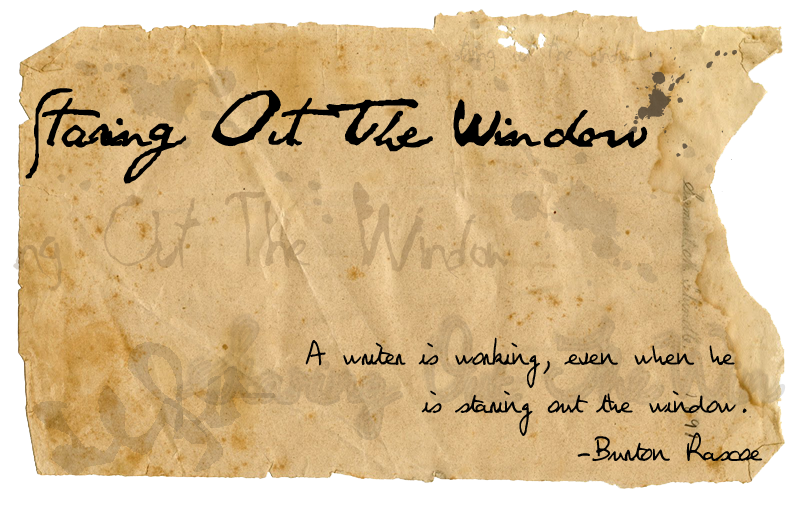Stories from the Hoover Dam
During his lifetime, Queho (pronounced KEY-ho) was credited with the deaths of 23 people, was declared Nevada Black Canyon
Although he has been credited with crimes dating as far back as the late 1800’s, newspaper accounts of his exploits began in 1910. He was last reported seen on the streets in Las Vegas Black Canyon
The story of his life, pieced together from fact and legend, is fascinating to say the least, and I encourage you to read more about Queho at the links below. But the story does not end with the finding of his remains, and it is Queho’s story, after 1940, that I want to tell you.
The possee that recovered Queho's remains
Helldorado Days began in 1935 and was an annual cowboy themed celebration sponsored by the local Elks club in Las Vegas
The Elks built a model of Queho’s cave and enclosed it in glass. Inside, Queho, surrounded by his last possessions, became a favorite attraction for the visitors to Helldorado Village
Visitors began to lose interest by the early 1960’s and the Elks reported that his remains and possessions had been stolen. In 1962, his mummified remains were found at the city dump. On an order from the county coroner, Queho's corpse was finally buried, twenty-two years after it was found, in an unmarked grave in the public portion of the local cemetery.
But that is not the last of Queho.
In my upcoming novel, Ragtown, the Renegade Indian comes alive once again…
Read the story of Queho’s life at the following links:


